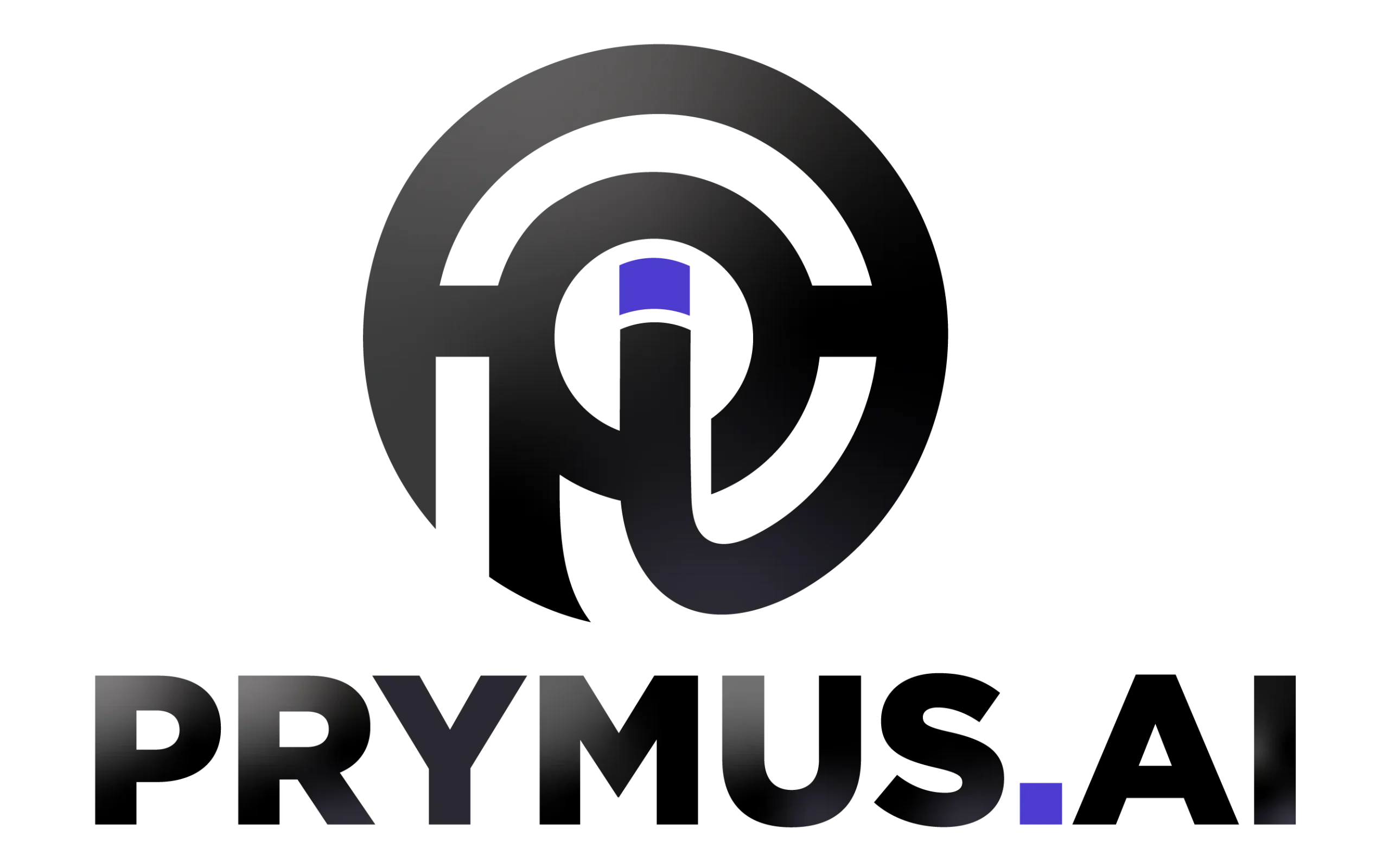5 Powerful Ways AI Can Boost Your Business Efficiency
In a world where speed, accuracy, and adaptability define success, Artificial Intelligence (AI) has emerged as a vital tool for businesses looking to streamline operations and stay competitive. From automating mundane tasks to providing data-driven insights, AI is transforming how organizations operate—boosting efficiency at every level.
Whether you’re a startup founder or a seasoned business leader, this article explores five practical ways AI can improve business efficiency and help you achieve more with less.
1. Automate Repetitive Tasks with AI Tools
One of the fastest ways to improve efficiency is by eliminating time-consuming manual tasks. AI-powered automation tools can handle routine processes such as:
-
Data entry and validation
-
Appointment scheduling
-
Invoice processing
-
Email sorting and routing
Platforms like Zapier, UiPath, and Microsoft Power Automate allow businesses to set up automated workflows with minimal coding. This not only reduces the risk of human error but also frees up staff to focus on higher-impact work.
Pro Tip: According to a McKinsey report, automation can increase productivity by up to 20% in certain roles—making it one of the most cost-effective uses of AI.
2. Enhance Decision-Making with Predictive Analytics
Data is the backbone of smart decision-making, and AI takes it to the next level. Using predictive analytics, businesses can:
-
Forecast sales and demand
-
Identify market trends early
-
Optimize pricing strategies
-
Anticipate customer behavior
By analyzing historical and real-time data, AI models uncover patterns that would otherwise go unnoticed. This allows business leaders to make proactive, informed decisions backed by reliable insights.
Case Example: Retailers using AI-driven demand forecasting tools have reported up to 30% reductions in inventory costs and stockouts.
3. Improve Customer Service with AI Chatbots
Great customer service can be a competitive advantage, but scaling support isn’t easy—especially for small teams. Enter AI-powered chatbots.
With AI chatbots like Intercom, Tidio, or Zendesk AI, businesses can:
-
Provide 24/7 assistance
-
Answer frequently asked questions instantly
-
Handle multiple customer inquiries at once
-
Route complex issues to human agents efficiently
These tools not only improve customer experience but also reduce the burden on your support staff—resulting in faster response times and higher satisfaction scores.
4. Streamline Workflows Across Departments
Efficiency suffers when departments operate in silos. AI solves this by connecting the dots between systems and teams. Workflow automation tools integrated with CRMs or project management software help:
-
Coordinate tasks across marketing, sales, and operations
-
Minimize delays from miscommunication or redundant tasks
-
Improve accountability with real-time tracking
For example, Salesforce Einstein and Monday.com’s AI features can auto-prioritize leads, generate smart reminders, or even draft reports—saving teams hours of manual effort each week.
5. Optimize Resource Allocation and Reduce Costs
AI doesn’t just make things faster—it makes them smarter. Resource optimization tools use real-time data to:
-
Allocate staff based on peak activity times
-
Monitor energy consumption and reduce waste
-
Adjust inventory based on demand forecasting
Over time, these micro-optimizations add up to significant cost savings. According to Deloitte, 61% of businesses using AI for operations have seen reduced costs and improved resource utilization.
Conclusion: Start Small, Scale Fast
AI isn’t just for tech giants. Businesses of all sizes can benefit from smart, scalable AI solutions that make work faster, smarter, and more efficient. By automating tasks, making better decisions, and improving workflows, your organization can unlock significant value—without a huge investment.

